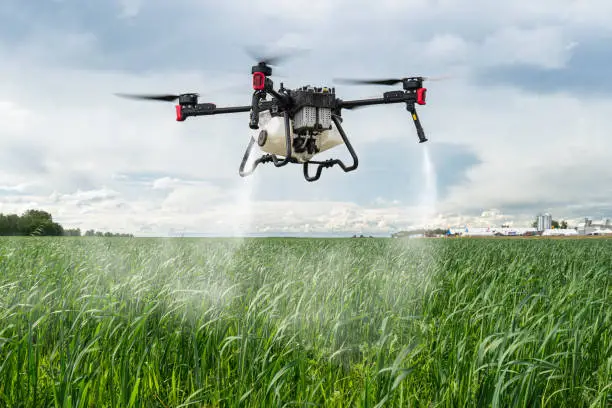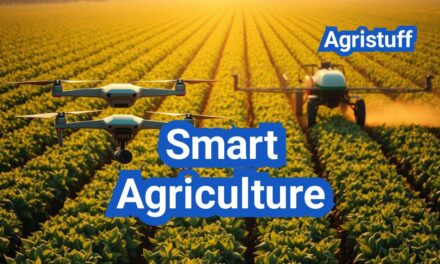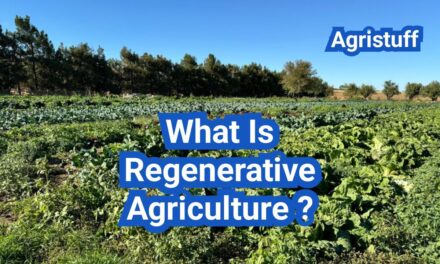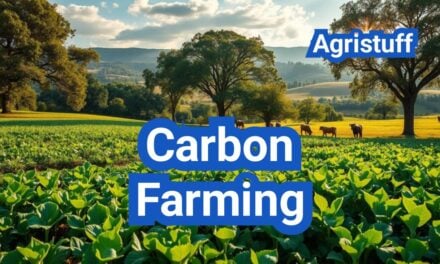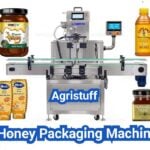The rapid evolution of technology has introduced groundbreaking innovations across various sectors, and agriculture is no exception. Among these advancements, drone sprayers have emerged as a transformative tool, blending aerial technology with farming needs. This article explores the benefits of drone sprayers in agriculture, their operational mechanisms, challenges, and future potential. By understanding their role in precision farming, we can appreciate how they are reshaping the agricultural landscape for a more sustainable and efficient future.
Understanding Drone Sprayers: How They Work
Drone sprayers, also known as agricultural drones, are unmanned aerial vehicles (UAVs) equipped with advanced GPS and spraying systems. These devices are designed to hover over fields, dispensing fertilizers, pesticides, and other essential chemicals with pinpoint accuracy. Their ability to cover large areas quickly and efficiently has made them a favorite among farmers and agriculturists.
The operation of drone sprayers begins with field mapping. Using GPS coordinates, the land is analyzed based on crop type, health, and soil conditions. Once the field is mapped, the drone is loaded with the necessary chemicals, which are stored in a tank and released through nozzles as the drone follows a pre-programmed flight path.
What sets drone sprayers apart is their smart functionality. Equipped with sensors and imaging capabilities, they capture data on crop health and adjust spraying patterns accordingly. This precision ensures that chemicals are applied only where needed, reducing waste and environmental impact. Additionally, the integration of AI and machine learning enables predictive analysis for crop diseases, water usage optimization, and yield planning.
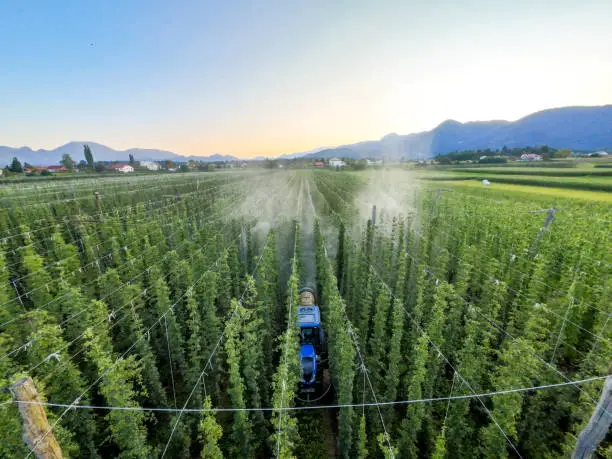
Benefits of Drone Sprayers in Agriculture
Drone sprayers offer a host of advantages that make them indispensable in modern farming:
- Precision and Accuracy: Unlike traditional methods, drone sprayers minimize over-spraying and under-spraying, ensuring each plant receives the right amount of chemicals. This precision can reach up to 98%, significantly improving crop health.
- Efficiency and Speed: Drone sprayers can cover large fields in a fraction of the time required by manual or ground-based methods. This efficiency allows farmers to manage larger areas with ease.
- Labor Savings: By automating the spraying process, drone sprayers reduce the need for manual labor, freeing up resources for other critical tasks.
- Environmental Benefits: Precision spraying reduces chemical runoff, minimizing contamination of water bodies and protecting ecosystems.
- Safety: Drone sprayers limit farmers’ exposure to harmful chemicals, enhancing worker safety and reducing long-term health risks.
- Adaptability: These drones can operate in diverse terrains, including hilly or densely planted areas, where traditional methods may struggle.
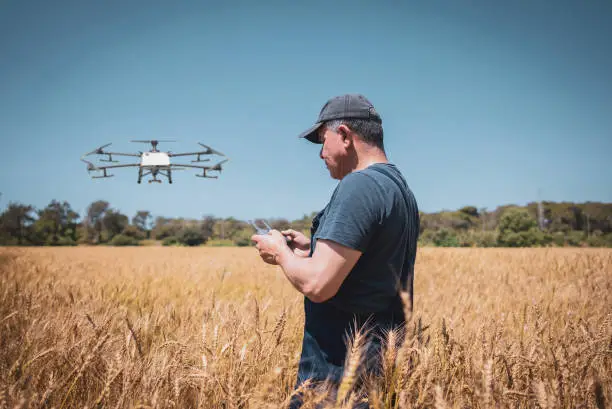
Challenges and Solutions in Drone Sprayer Usage
While drone sprayers offer numerous benefits, their adoption is not without challenges:
- Regulatory Hurdles: Many countries have strict or unclear regulations regarding drone usage. Addressing this requires collaboration between policymakers and industry stakeholders to create flexible, sensible guidelines.
- Safety Concerns: Malfunctions or operator errors can lead to accidents. Implementing robust fail-safe systems, rigorous pre-flight checks, and comprehensive training can mitigate these risks.
- Cybersecurity Threats: Drones rely on GPS and data transmission, making them vulnerable to cyberattacks. Advanced encryption and secure cloud-based solutions can enhance security.
- Limited Load Capacity and Battery Life: Current drone sprayers have restricted payloads and short operational durations. Innovations in battery technology and lightweight materials are key to overcoming these limitations.
- Privacy Issues: Drones often capture images and videos during operation, raising privacy concerns. Clear policies and ethical guidelines are essential to address these issues.
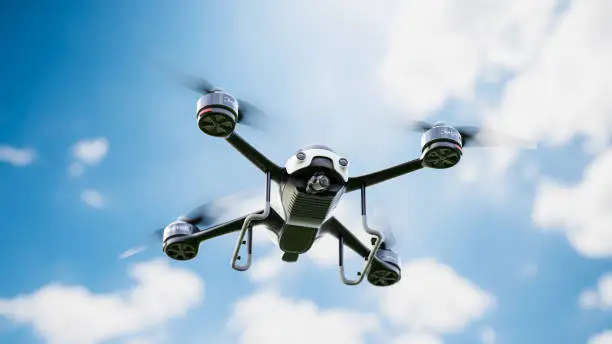
The Future of Drone Sprayers in Agriculture
The future of drone sprayers is bright, with ongoing advancements poised to address current limitations and unlock new possibilities:
- Enhanced Battery Technology: Innovations like solar power and ultra-capacitors promise longer flight times and greater efficiency.
- Increased Load Capacity: Research into lightweight materials and larger drone designs will enable heavier payloads, making drone sprayers viable for larger farms.
- Autonomous Decision-Making: AI and machine learning will enable drones to analyze real-time data, adjust flight paths, and diagnose crop health independently.
- 5G Integration: Faster data transmission rates will enhance real-time decision-making and operational efficiency.
- Eco-Friendly Solutions: Recycling programs and eco-design principles will reduce e-waste and promote sustainability.
As these technologies evolve, drone sprayers will play an increasingly vital role in precision farming, helping to meet the growing demand for food while minimizing environmental impact.

